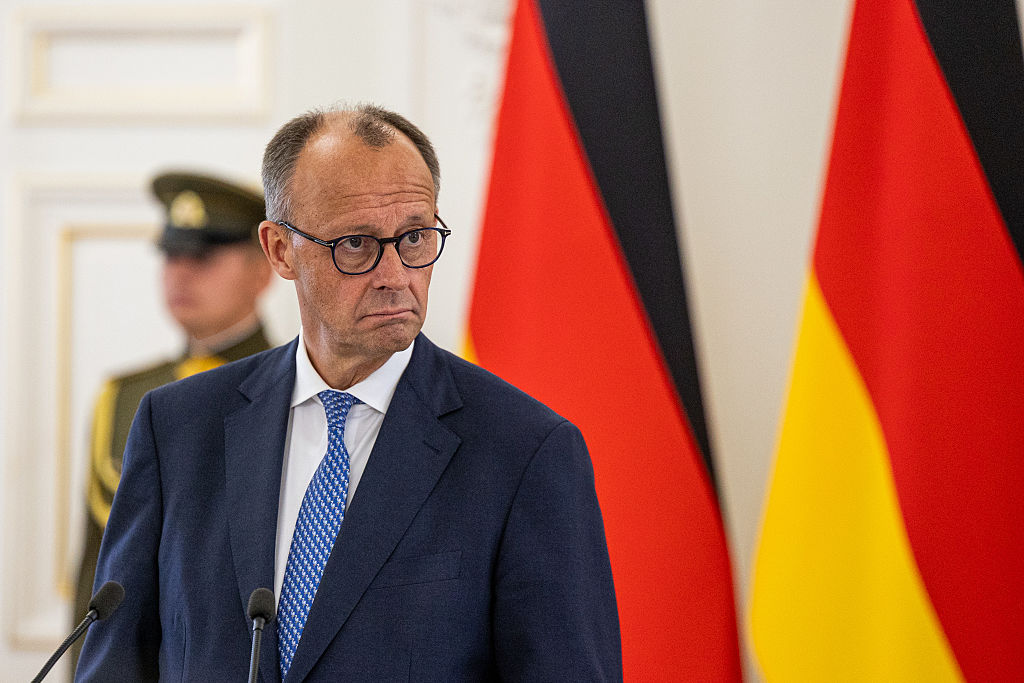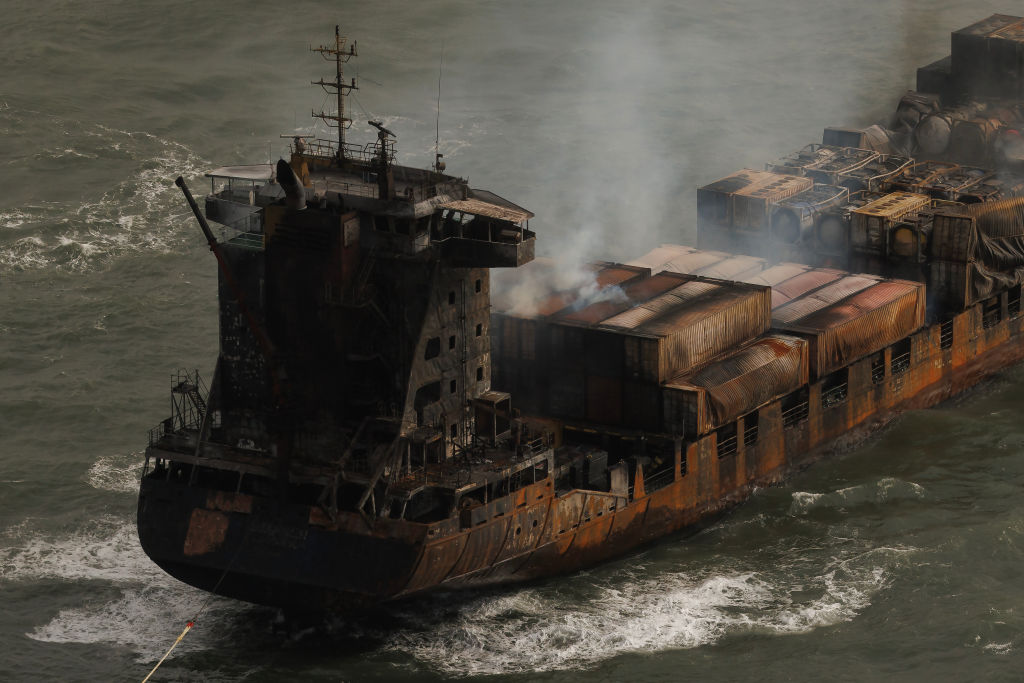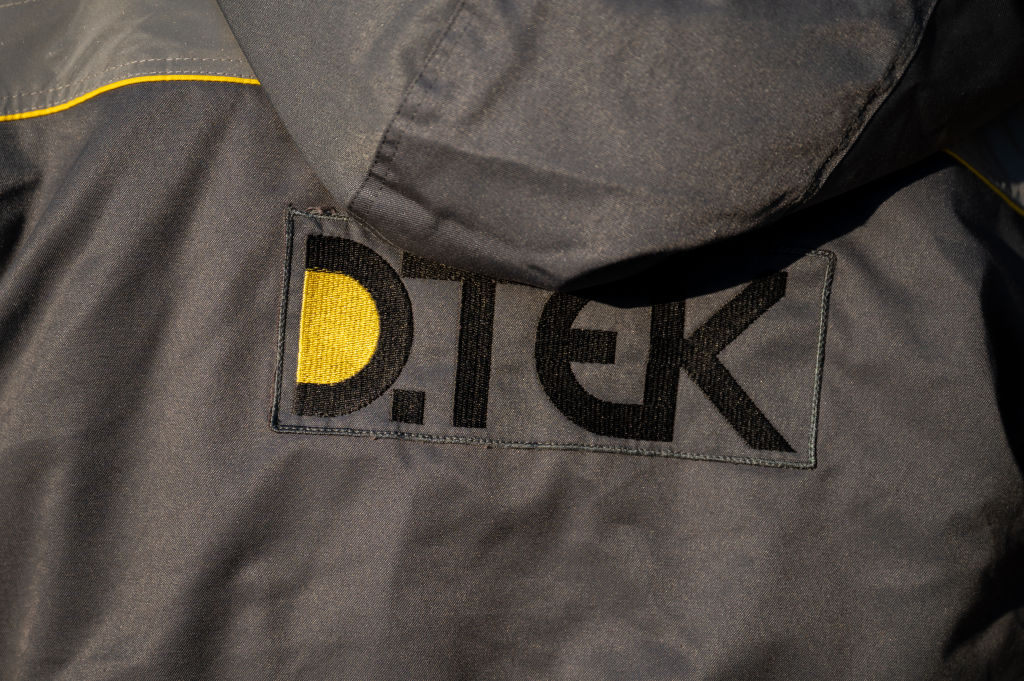The European Union has sanctioned seven individuals and a group with ties to Moscow accused of seeking to destabilise Moldova ahead of parliamentary elections in September.
EU foreign ministers on July 15 decided to impose the measures, including the freezing of assets and travel bans, during a meeting in Brussels, a statement said.
According to Reuters, the seven individuals and three entities were “responsible for actions aimed at destabilising” Moldova, whose leaders were bidding to join the EU by 2030.
A statement by the Council of the Europe Union said those targeted were close associates of Ilan Shor, a fugitive business magnate sentenced in absentia to 15 years in prison in connection with the 2014 disappearance of €860,000 from the Moldovan banking system.
The bloc targeting of the seven individuals included leaders and members of successor entities to the outlawed ȘOR political party, the EU said.
It also sanctioned A7, a company with Russia ties that the EU said had been linked to efforts to influence Moldova’s presidential elections and a referendum on EU accession in 2024, according to AFP.
“Moldova is now preparing for a very high stakes election, parliamentary elections coming in autumn, and these points will be a prime target of Moscow’s hybrid war,” vice-president of the European Commission Kaja Kallas said.
The EU would also provide more support to counter hybrid threats, she said.
“This shows that European Union is determined to safeguard Moldova’s democratic process against external interference,” AFP reported her as saying.
The latest measures brought the total of those hit for destabilising the former Soviet republic to 23 individuals and five entities.
Russia has sought to meddle in Moldova since it took a pro-European turn following the 2020 election of President Maia Sandu.
Sandu cut ties with Moscow and applied for Moldova to join the EU following Russia’s invasion of Ukraine in 2022.
Also on July 15, EU foreign ministers gathered in Brussels for a summit that discussed the bloc’s support for Ukraine and tougher sanctions on Russia.
At the end of the gathering, Kallas said the 27-member bloc failed to approve an 18th sanctions package against Moscow, as Russia’s assault on Ukraine continued, German news outlet DW reported.
Slovakia has been holding up the package but Kallas said an agreement could still be reached on July 16.
Meanwhile, US President Donald Trump reportedly asked Ukrainian President Volodymyr Zelensky in a July 4 call if Ukraine’s forces could potentially strike the Russian cities of Moscow or St Petersburg.
The White House has pushed back on media reporting on the call, saying it was being taken out of context, DW said.
Kallas said she was still hoping for agreement soon on a new round of sanctions against Russia.
The fresh round of punishment over the war on Ukraine has been stalled for weeks by a wrangle with Slovakia over separate plans to phase out Russian gas imports.
Kallas had been aiming for a breakthrough at the meeting of EU foreign ministers.
But Slovakia’s Russia-friendly leader Robert Fico dashed that hope by saying he needed further guarantees from Brussels on its plans to cut off Russian gas imports from the end of 2027, according to AFP.
Slovakia remained dependent on Russian gas imports and earned money from transit fees for supplies piped across its territory.
“I’m really sad that we didn’t reach this agreement today,” Kallas said. “But I’m still hopeful that we will get the decision tomorrow.”
Officials said the bloc, meanwhile, appeared to be finalising an agreement on a plan to lower its price cap on Russian oil exported to third countries as part of the package, after reluctance from Malta.
That would come despite EU allies failing to convince Trump to go along with the plan, Reuters said.
The cap was a G7 initiative aimed at limiting the amount of money Russia makes by exporting oil to countries across the world.
The oil price cap, set at $60 by the G7 in 2022, was designed to limit the price Moscow can sell oil around the world by banning shipping firms and insurance companies dealing with Russia from exporting above that amount.
Under the new EU scheme — which would likely also have the backing of G7 allies including Britain and Canada — the bloc would set a new flexible rate below market value.
That would currently equate to $47.6, according to internal EU discussions shared with AFP.
Diplomats admitted that the fact the US was not on board would make the move less effective.
As part of its sanctions, the EU was also planning to target scores more vessels in the “shadow fleet” of ageing tankers used by Russia to circumvent oil export curbs.
The new measures from the EU came as Trump has taken a tougher line with Russia, threatening to impose major “secondary tariffs” if Moscow did not agree to a halt fighting in 50 days.





